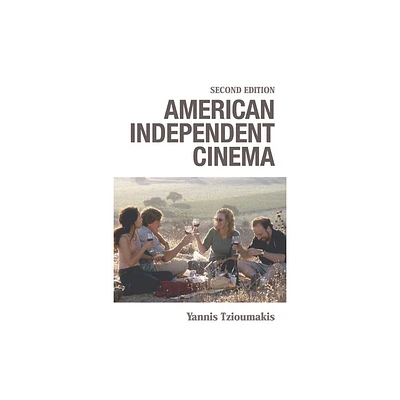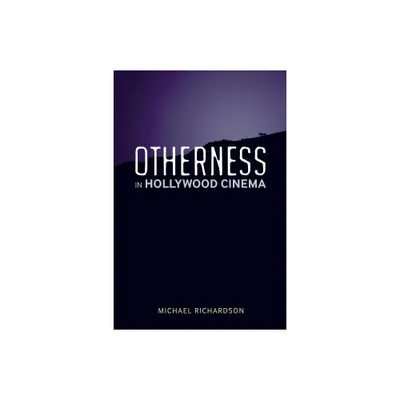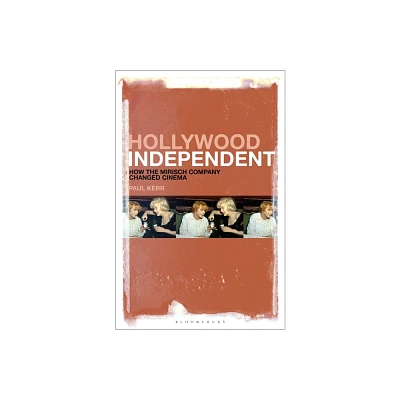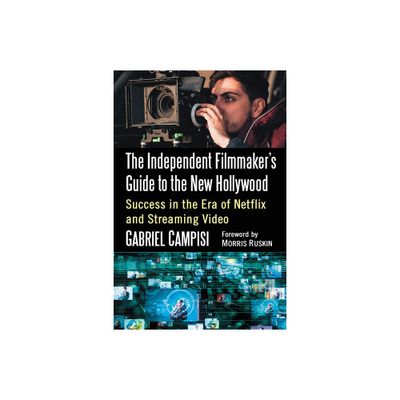Home
Hollywood Independent: How the Mirisch Company Changed Cinema
Loading Inventory...
Barnes and Noble
Hollywood Independent: How the Mirisch Company Changed Cinema
Current price: $120.00


Barnes and Noble
Hollywood Independent: How the Mirisch Company Changed Cinema
Current price: $120.00
Loading Inventory...
Size: Hardcover
*Product Information may vary - to confirm product availability, pricing, and additional information please contact Barnes and Noble
Hollywood Independent
dissects the Mirisch Company, one of the most successful employers of the package-unit system of film production, producing classic films like
The Apartment
(1960),
West Side Story
(1961),
The Great Escape
(1963) and
The Thomas Crown Affair
(1968) as irresistible talent packages. Whilst they helped make the names of a new generation of stars including Steve McQueen and Shirley MacLaine, as well as banking on the reputations of established auteurs like Billy Wilder, they were also pioneers in dealing with controversial new themes with films about race (
In the Heat of the Night
), gender (
Some Like it Hot
) and sexuality (
The Children's Hour
), devising new ways of working with film franchises (
The Magnificent Seven, The Pink Panther
and
spun off 7 Mirisch sequels between them) and cinematic cycles, investing in adaptations of bestsellers and Broadway hits, exploiting frozen funds abroad and exploring so-called runaway productions. The Mirisch Company bridges the gap between the end of the studio system by about 1960 and the emergence of a new cinema in the mid-1970s, dominated by the Movie Brats.
dissects the Mirisch Company, one of the most successful employers of the package-unit system of film production, producing classic films like
The Apartment
(1960),
West Side Story
(1961),
The Great Escape
(1963) and
The Thomas Crown Affair
(1968) as irresistible talent packages. Whilst they helped make the names of a new generation of stars including Steve McQueen and Shirley MacLaine, as well as banking on the reputations of established auteurs like Billy Wilder, they were also pioneers in dealing with controversial new themes with films about race (
In the Heat of the Night
), gender (
Some Like it Hot
) and sexuality (
The Children's Hour
), devising new ways of working with film franchises (
The Magnificent Seven, The Pink Panther
and
spun off 7 Mirisch sequels between them) and cinematic cycles, investing in adaptations of bestsellers and Broadway hits, exploiting frozen funds abroad and exploring so-called runaway productions. The Mirisch Company bridges the gap between the end of the studio system by about 1960 and the emergence of a new cinema in the mid-1970s, dominated by the Movie Brats.


















